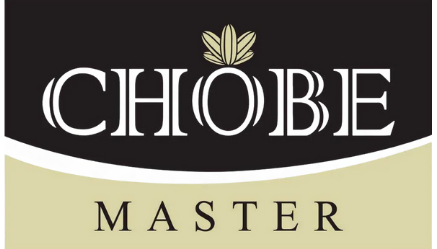
Discover the vital role of protein in your diet. From tissue repair to boosting immunity, protein is key to your overall well-being. Learn why incorporating sufficient protein into your daily meals is essential for a healthy lifestyle.
What is Protein?
Discover the essence of life with proteins – those mighty molecules crafted from amino acids, the very bricks of existence. They unite in precise order, sculpting a myriad of proteins, each with its unique form and function. Among the twenty amino acids, nine stand vital, as our bodies lack the power to create them, beckoning us to seek them through nourishment.
Functions of Protein
Protein serves several vital functions in the body, including:
Building Blocks of Cells and Tissues
Unlock your body's potential with proteins. They're the building blocks for growth, repair, and maintenance of cells and tissues. From muscles to skin, they ensure your body's structural integrity and optimal function.
Enzymes and Hormones
Discover the power within your body: proteins, the building blocks of many enzymes and hormones. Enzymes work like conductors, orchestrating chemical reactions, while hormones act as regulators, finely tuning metabolism, growth, and reproduction.
Immune System Support
Unlocking the power of proteins, like antibodies, is pivotal for our immune system. These mighty defenders identify and disarm foreign threats such as bacteria and viruses, safeguarding our bodies from infections and illnesses.
Protein Sources
Fuel your body with protein from diverse sources. Whether it's from animals like meat, poultry, fish, eggs, and dairy, or from plants like legumes, nuts, seeds, tofu, tempeh, and grains, you're getting the essential amino acids your body needs for optimal performance.
Importance of Protein in Diet
Protein is vital for various aspects of health and well-being:
Muscle Growth and Repair
Fuel your muscles with the essential building blocks they need. Whether you're an athlete, bodybuilder, or just someone who loves to stay active, protein is your ally. It's not just about repairing muscle tissue – it's about growth, strength, and bouncing back faster after every workout. Make sure you're getting enough protein to support your goals and unleash your full potential.
Satiety and Weight Management
Protein-rich foods are more filling and satisfying than carbohydrates or fats, which can help control appetite and prevent overeating. Including protein in meals and snacks can contribute to weight management by reducing hunger and promoting feelings of fullness.
Supports Immune Function
Unlock the power of protein to bolster your immune system. From antibodies to immune cells, protein is the backbone of defense. Nourish your body with protein-rich foods to fortify its ability to fight infections and diseases.
Essential for Overall Health
Fuel your body's vitality with protein, the building blocks for essential enzymes, hormones, and crucial molecules. Ensure your health thrives and nutrient gaps are filled with adequate protein intake.
How Much Protein Do You Need?
Discover your personalized protein needs based on your age, gender, activity level, and health. On average, adults should aim for around 0.8 grams of protein per kilogram of body weight daily. Yet, your unique requirements may differ, influenced by factors like muscle mass, metabolism, and objectives.
Protein Quality
Unlock the full potential of protein by understanding its building blocks and how easily your body can digest it. Animal-based proteins stand out as complete packages, boasting all the essential amino acids your body needs. On the other hand, plant-based proteins may fall short, lacking some vital amino acids. But fear not! Mixing various plant-based protein sources can bridge this gap, ensuring you get a complete amino acid profile for optimal nutrition.
Protein and Exercise
Fuel your workouts with protein. Whether it's before or after exercise, protein is essential for boosting muscle repair, aiding in recovery, and fostering growth. Athletes and fitness enthusiasts can maximize their training results by incorporating protein-rich foods into their pre- and post-workout meals.
Protein and Weight Loss
Discover the power of protein for weight loss and maintaining a healthy body. Studies reveal its ability to boost metabolism, curb hunger, and protect muscle mass when cutting calories. By incorporating protein-rich foods into your diet, you can enhance weight loss results and achieve a better body composition.
Risks of Inadequate Protein Intake
A deficiency in protein intake can lead to various health problems, including:
- Muscle loss and weakness
- Impaired immune function
- Slow wound healing
- Nutrient deficiencies
It's essential to consume an adequate amount of protein to prevent these issues and maintain overall health and well-being.
Conclusion
Fuel your body with essential nutrients by incorporating a variety of high-quality protein sources into your diet. From supporting muscle growth to regulating hormones and bolstering your immune system, protein plays a critical role in maintaining optimal health and well-being.

